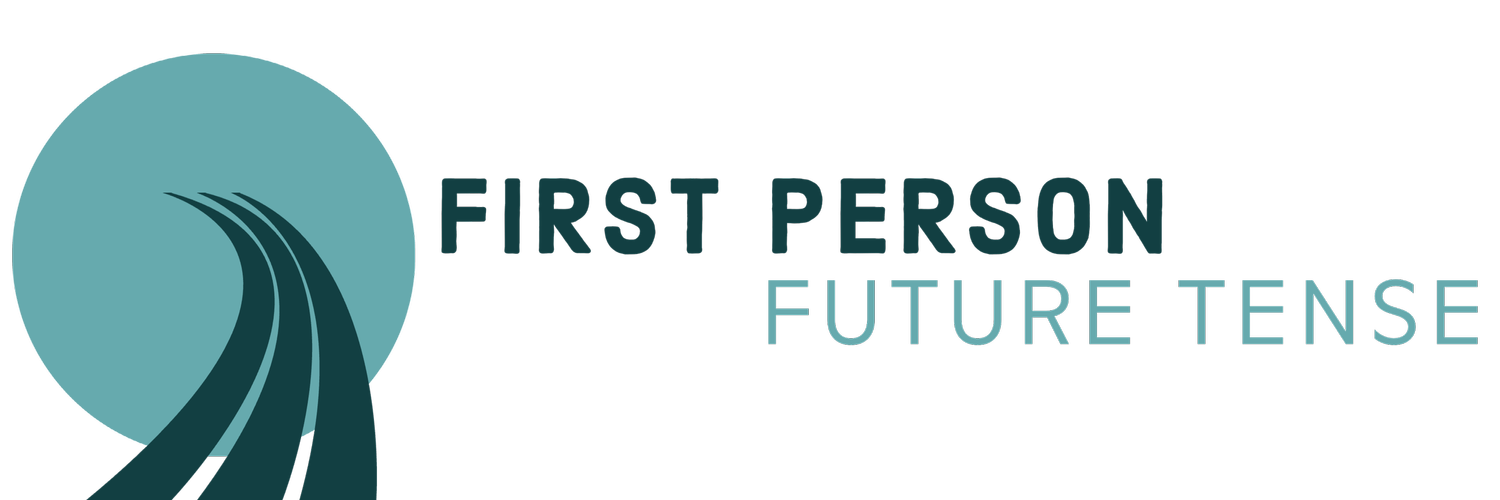
Where do you want to be tomorrow?
Unearth the answers you need to reach your goals and perform at your best. Shift your perspective, reframe your challenges and uncover new insights to help you reach your full potential. If you’re looking to develop your capacity to lead, manage change, embrace new challenges or determine the path to future success, coaching is a powerful support tool.
Unlock your full potential
Coaching is not mentoring, counselling or advice-giving. You have the answers, and your coach’s task is to help unlock those answers through questioning, constructive challenge and the introduction of new perspectives.
We’ll use proven tools to help you progress toward your goals, overcome barriers that may be hindering your potential and celebrate your successes.
FAQs
-
FPFT provides executive and organisational coaching - put simply, coaching that’s designed to help you in your professional life.
-
Most coaching is done virtually. If you’re based in Sydney, Australia, you can also choose to have face-to-face sessions at your office. Coaching should always take place in a private setting, not in an open-plan office or busy coffee shop where you can be easily overheard and might struggle to focus.
-
We believe everyone can gain value from coaching, but FPFT’s focus is on coaching leaders and emerging leaders. Typically our clients have a minimum of 10 years professional experience.
Coaching can be particularly helpful at times of challenge or change. For example:
Taking on a new role, challenge or team
Working toward career progression
If you’ve recently been promoted or changed reporting lines
Struggling to build relationships with key colleagues or stakeholders
Trying to increase your impact or shift your professional reputation
Improving your confidence or overcoming imposter syndrome
-
Coaching is a journey that works best when the coach and client can build a trusted relationship to work toward your goals and desired outcomes. We ask clients to commit to a minimum of three sessions. There is no maximum number of sessions, but we’ll conduct periodic reviews to ensure you’re still making progress toward your goals and deriving value from the coaching engagement.
-
FPFT takes confidentiality very seriously. We never reveal the names of our clients or the content of coaching sessions. We never record sessions and keep limited notes to preserve confidentiality. You can find more information in our privacy policy.
-
If your coaching is sponsored by your employer, they will provide input into the broad level goals at the beginning and end of the coaching process. The content of the coaching sessions is confidential and not shared with anyone within your organisation.

